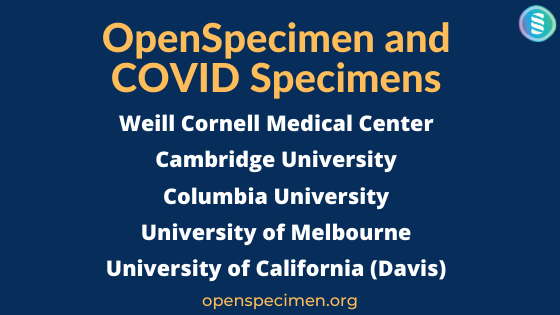“According to Darwin’s Origin of Species, it is not the most intellectual of the species that survives; it is not the strongest that survives, but the species that survives is the one that is able best to adapt and adjust to the changing environment in which it finds itself.” – Leon C. Megginson
The pandemic has forced us, humans, social creatures in happier days, to adapt to physical distancing. We in India are into phase 2 of nationwide lockdown to enforce this. This has made us all adjust to a weird environment—one where demand is unpredictable, and supply is slammed. One where the government is omnipotent and omnipresent.
Even as the world was coming to terms with the 2008 global financial crisis, Rahm Emanuel—Barack Obama’s chief of staff at the time—said something that still holds true.
"You never want a serious crisis to go to waste."

University of California Davis (read more)
University of Western Australia (read more)
University of Melbourne (read more)
Weill Cornell Medical Center (New York) (read more)
Weill Cornell Medicine recognizes the gravity of the pandemic caused by SARS-CoV-2, which causes COVID19 disease. This infection reaches every aspect of our lives, and it has no borders. Our response at WCM, in the disease epicenter of New York City, will help define how our society changes for the better when the pandemic is over. Towards this WCMC Biorepository has started collecting COVID biospecimens and using OpenSpecimen to manage the data.
Cambridge University (London) (read more)
Many labs in the Haematology department in CU are doing COVID-related research. Krishagni has been providing priority support to ensure that the configuration of these studies and data collection is smooth and is done in a timely manner.
University of Cape Town (read more)
University of Cape Town adopted OpenSpecimen as their biobanking LIMS to manage COVID specimens. This project is funded by the Foundation of Innovative New Diagnostics (FIND) a Geneva-based NGO accelerating the development, evaluation, delivery of high-quality, affordable diagnostics tests for poverty-related diseases.
We are also in advanced talks with a couple of academic centers to help them accelerate their research by using OpenSpecimen.
Written by: Srikanth Adiga, CEO, Krishagni
For more details, email contact@krishagni.com
